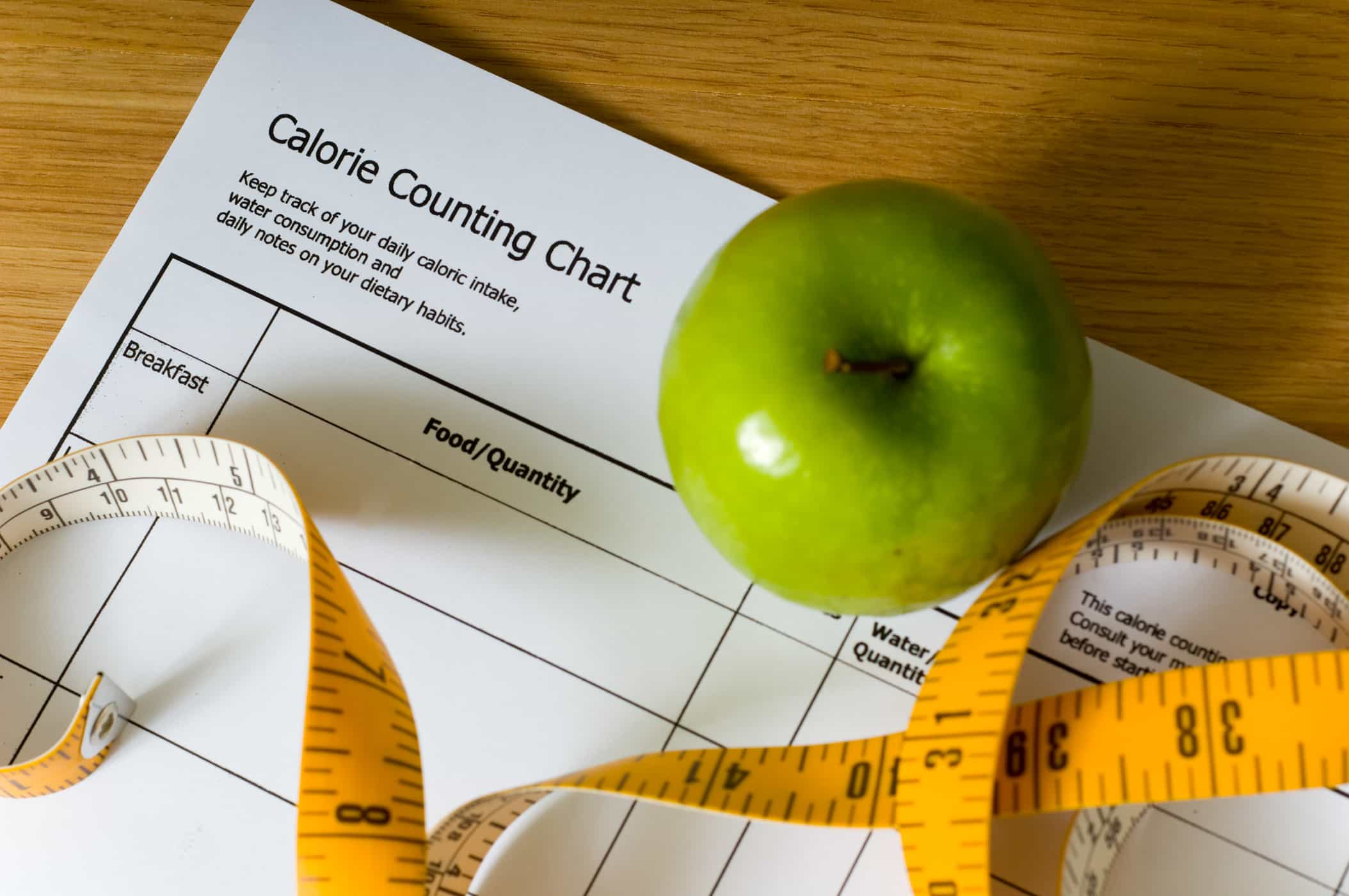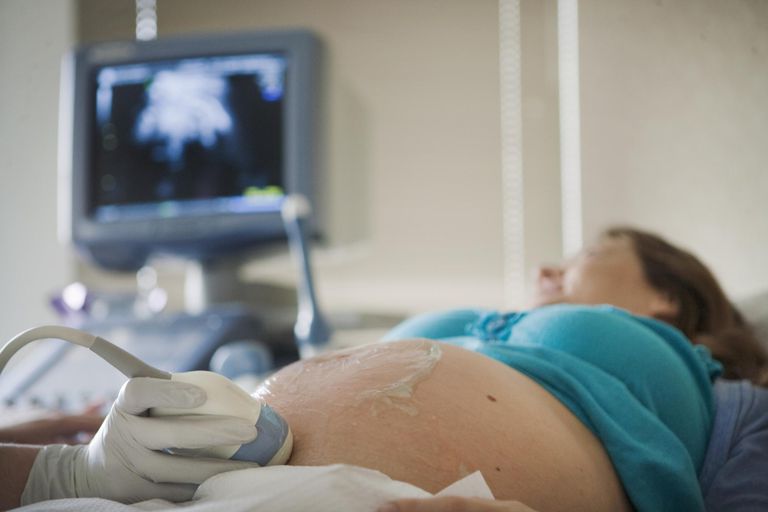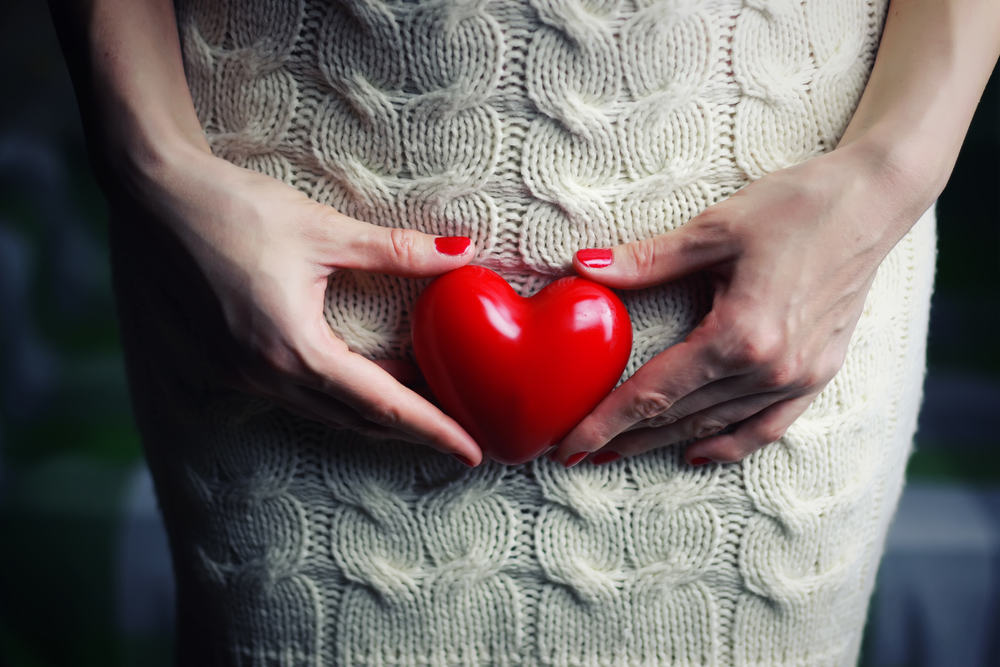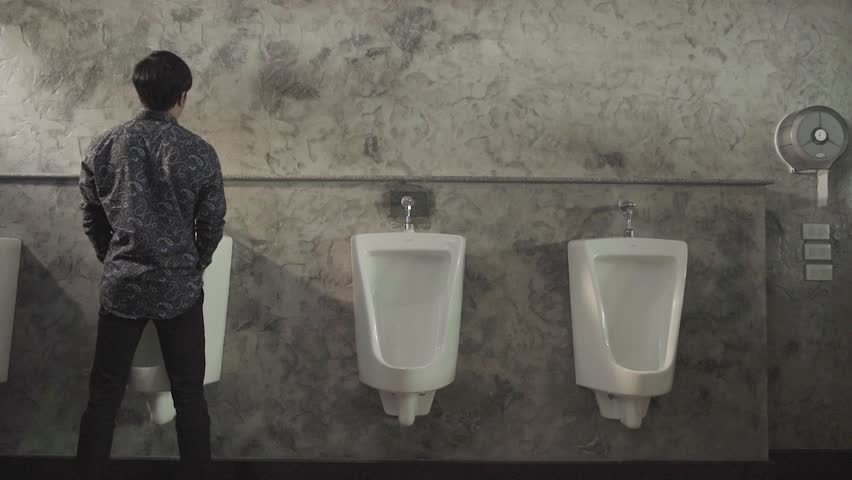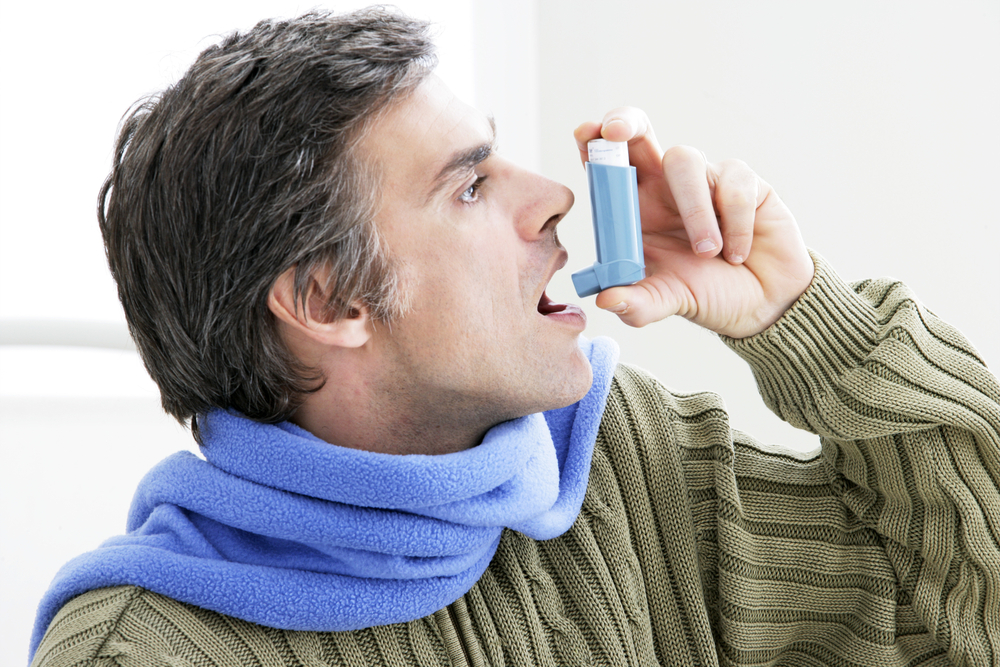Contents:
- Medical Video: Kidney & Bladder Health : How to Treat Frequent Urination
- What is nocturia?
- What causes nocturia (frequent urination at midnight)?
- 1. Sleep apnea
- 2. Congestive heart failure or heart weakness
- 3. Diabetes
- 4. Increasing age
- 5. Medicine
- 6. Nerve problems
- 7. Chronic and recurrent urinary tract infections
- 8. Obesity
- 9. Pregnancy
- 10. Consuming alcohol and caffeine
- How to diagnose nocturia?
- How do you deal with nocturia?
- How do you prevent nocturia?
Medical Video: Kidney & Bladder Health : How to Treat Frequent Urination
Night is the time to rest for the body and brain. However, there are those that interfere with the rest time, whether it's a lot of thoughts that cause sleep disturbances, as well as the habit of urinating at midnight. Do you often experience it? If the answer is yes, you must be careful! Going to the bathroom more than twice in the middle of the night, chances are you have a condition called nocturia.
What is nocturia?
Nocturia is a condition of urinating in the middle of the night continuously, caused by a lifestyle or medical condition. Technically, at bedtime, the body produces a little urine where the urine is thicker, so some people don't need to wake up at night. Symptoms caused by nocturia are excessive urine production, frequent frequency of urination, and feeling like wanting to urinate, but little urine is released.
What causes nocturia (frequent urination at midnight)?
The following are various types of health-related conditions that can cause nocturia:
1. Sleep apnea
About 50% of sufferers sleep apnea experience wanting to poop in the middle of the night. People with this sleep disorder experience problems with breathing. When sufferers strive to breathe against the closed respiratory tract, the heart muscle stretches, resulting in the hormone atrial natriuretic peptide. This is what causes increased urine production.
2. Congestive heart failure or heart weakness
The inability to pump the heart normally, plus gravity, causes fluid to build up in the legs during the day. Whereas at night, the liquid is outside the influence of gravity and enters the bloodstream which causes urine production to increase.
3. Diabetes
At night, there is an increase in glucose in the kidneys, so that it draws lots of fluid into the urine. This can increase urine formation so that there will be a disruption of urination at night.
4. Increasing age
Age increase is associated with reduced bladder capacity. The antidiuretic hormone produced also starts to decrease, even though this hormone can hold body fluids. The bladder muscle becomes weak, so that urine becomes difficult to hold in the bladder.
5. Medicine
The use of drugs such as hydrochlorothiazide or furosemide (Lasix) can also be a cause of nocturia. Sometimes people don't realize that taking this blood pressure medication at night, even though this drug contains diuretics (drugs that increase urine formation). If indeed you need to take this medicine, it should be done in the morning.
6. Nerve problems
Parkinson, which is a neurodegenerative disorder, and multiple sclerosis, is an autoimmune disease. Both involve autonomic nervous system dysfunction, so the impact is severe bladder dysfunction and nighttime urination problems.
7. Chronic and recurrent urinary tract infections
Symptoms of urinary tract infections are fever, a sensation of heat when urinating, and the frequency of persistent urination. This disease is caused by bacteria that develop in the urinary tract. To find out if you are infected or not, you should consult a doctor.
8. Obesity
No accurate studies have been found whether obesity can cause nocturia conditions, but abdominal obesity is always associated with an increase in urination at midnight.
9. Pregnancy
Nocturia can also occur due to symptoms of pregnancy. These symptoms can be found early in the pregnancy. But the more the gestational age increases, the less the intensity of urination in the middle of the night, because it has become normal when the uterus suppresses urine.
10. Consuming alcohol and caffeine
Alcohol and caffeinated drinks are usually diuretics. Excessive consumption can cause urination at night. It's best to avoid consuming it at night, so that you sleep well.
How to diagnose nocturia?
When you experience these symptoms, you should immediately visit a doctor. Next the doctor will do several tests including:
- Blood sugar test (for diabetics)
- Blood urea test
- Urine condition
- Fluid test
How do you deal with nocturia?
To treat the condition, you must know the root of the problem. If the problem is a medical condition, you should visit a doctor and get medication from a doctor. Usually the drug is anticholinergic. The drug can reduce the symptoms of an overactive bladder or desmopressin, so the kidneys produce little urine.
How do you prevent nocturia?
You can reduce your drink before going to bed. In addition, you should also not consume alcohol and caffeine before going to bed. Chocolate, spicy foods, and artificial sweeteners sometimes also contain diuretics. Kegel exercises can also strengthen the pelvic muscles and help control the bladder. You should first know the root of the problem, so you can take care of what you have to drink and when you can drink it.
READ ALSO:
- Do You Really Know Your Kidney?
- Get to know the symptoms of prostatitis, inflammation and prostate infection
- 10 Causes of Pain When Urinating


